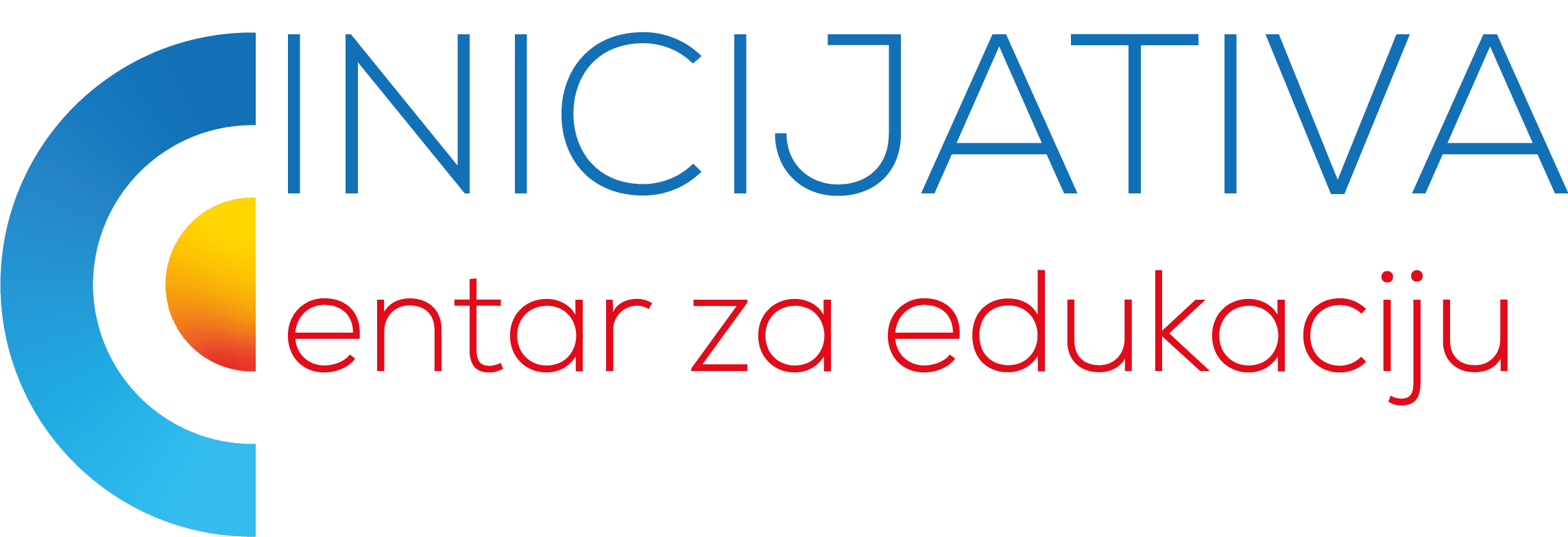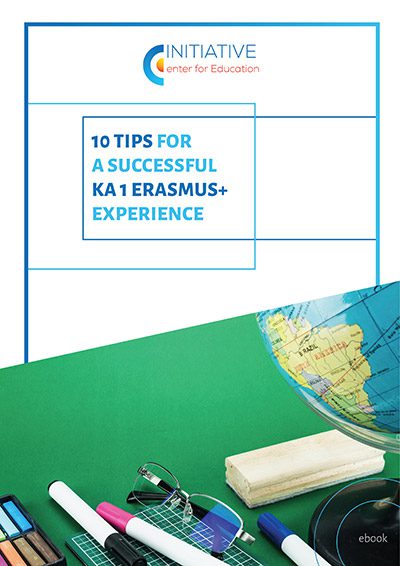How to find partners for your Erasmus+ Projects
Looking for a good partner organisation can be challenging, especially if you are at the beginning of your Erasmus+ journey. Building relationships takes time in any area, and the same applies in Erasmus+, but first things first.
The first step towards a successful Erasmus+ experience is always knowing what idea you want to develop within Erasmus+ Projects.
Make sure the course you want to attend is going to fit you and your needs
Even though you are not applying for Erasmus+ as an individual, but as an organisation, it is necessary that you ask yourself - What kind of training do I really need in order to improve my skills or skills of my staff? Before you and your organisation decide on the course, you need to do an evaluation of your skills – both individual and organisational. By evaluating your skills and needs, you will detect what is the most needed asset in your skill set that you think you are lacking in order to be a better teacher, manager, headmaster. If you start with your needs, you will know which direction to go in. Ask yourself: How do I see myself in the future? How do I want to improve my career? What skills am I lacking to become better at my job?
Having a clear idea of your project will help you navigate within a wide range of institutions and organisations that are involved in Erasmus+. If you want to advance your school curriculum and improve the teaching skills of your teachers, then you need to look for a good training organisation.
Make sure your needs are in line with the needs of your organisation
Initially, when writing your application for Erasmus+, you will need to start by investigating the needs of your organisation. Ask your peers, colleagues, boss and all other staff what it is that your organisation is lacking in order to reach its goals. What parts of human resources are valuable and what parts need to be improved. Tell all you employees about Erasmus + possibilities and make a short-term and long-term development plan for your Erasmus+ application. Short-term will be set for this year’s application, and long-term maybe for next year.
Get ready for your Erasmus+ experience!
This eBook will help you navigate the first steps toward successful Erasmus+ application and experience.
By signing up you agree to our terms
Start by asking organisations from your established network
Building relationships is always hard work, but in the end it pays off. But, there are some things that might make this process easier and quicker. If you have a network of organsiations that you are close with and they have already been involved in Erasmus+ projects, chances are they have some recommendations for you. They might have attended some training courses or lectures by trainers that really impacted them. Ask them for their experience and see if they can recommend anyone. Word-of-mouth is, after all, still the best promotion.
Summary of the course
Once you have found a couple of organisations, you can narrow down the selection by looking into the summary of their course. Not only do you need a good description of the course, so that you can see what you will get in return, but it is necessary to describe the courses you want to attend in your Erasmus + application. Make sure you get as many details as possible, so that you can understand what you will get from the course and explain all the segments of your mobility in your application.
Ask for an online meeting
When you have narrowed down the potential partner organisations, ask them to schedule an online meeting. This way, you can get to know them a little bit more and compare what everyone is offering. After getting your answers, you will be able to choose the right organisation.
Look for partners online
There are a couple of ways to get to know new organisations online.
Websites that have been established by the European Commission:
EPALE Partners Search – for Adult Education and VET
SALTO YOUTH– for Youth Mobilities
There are also a lot of unofficial websites that help organisations connect more easily:
LinkedIn and Facebook groups are very often good places to start
Some LinkedIn groups:
https://www.linkedin.com/groups/4287623/
https://www.linkedin.com/groups/5080110/
https://www.linkedin.com/groups/6929760/
https://www.linkedin.com/groups/8423060/
Some Facebook groups:
https://www.facebook.com/groups/2685092871802920/
https://www.facebook.com/groups/679074125436567/
https://www.facebook.com/groups/1440503956192198/
https://www.facebook.com/groups/1396451860652137/
https://www.facebook.com/groups/141436002693630/
WEBSITES:
Building a partnership takes time!
Having that in mind, try to communicate with organisations you like and would like to work with in the future. Exchange ideas with them, invite them to your activities and build relationships on trust and good communication!
Subscribe to our newsletter to receive news about our courses and the latest news!
By signing up, you accept our Terms of Use

